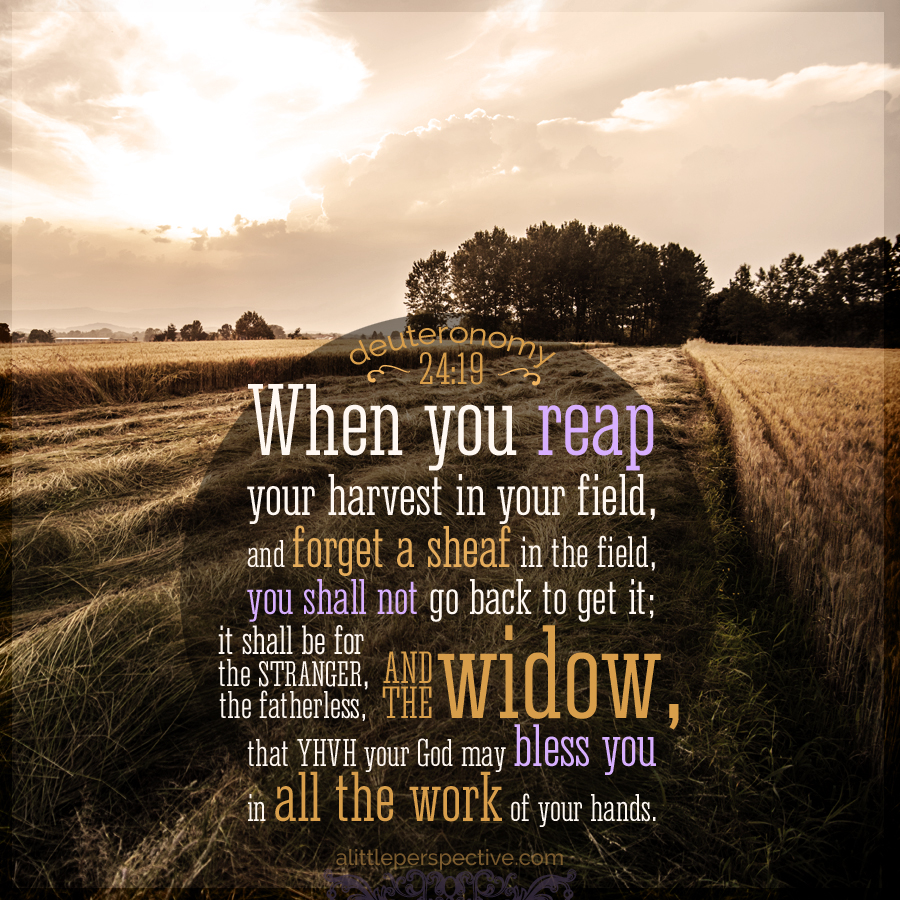the roadmap to national restoration 2014 apr 04
learning righteousness and wickedness from the ten commandments 2012 nov 19
1st commandment: have no other gods before God 2012 nov 20
2nd commandment: you shall not make idols 2012 dec 09
3rd commandment: do not profane YHVH’s name 2012 dec 18
4th commandment: honor the Sabbath day 2012 dec 21
5th commandment: honor your father and mother 2013 jan 07
6th commandment: do not commit murder 2013 jan 16
7th commandment: do not commit adultery 2013 jan 24
God will do three things — hear from heaven, forgive our sin, and heal our land — after His people do three things — humble themselves and pray, seek His face, and turn from our wicked ways (2 Chr 7:14). The cooperation of atheists and the ungodly is not required. We are examining the summary of Torah, God’s definition of righteousness and wickedness, in the Ten Commandments, in order to understand what He considers wicked about our ways, from which He is waiting for us to turn.
The Ten Commandments are given in Deu 5. The 8th commandment, Do not steal, is explained in Deu 23:15-24:7. Following is the summary of what Deu 23:15-24:7 teaches ‘Do not steal’ means. Please visit the links for the fascinating in-depth analysis. But the real reason for the in-depth analysis, is so that we can recognize any wicked way among us, in falling short, and repent of it! As His people do so, He will hear us from heaven, will forgive us these sins, and will heal our land!
The Hebrew paragraph divisions are:
Deu 23:15-16 {s} Escaped slaves
Deu 23:17-18 {s} Wages not to be offered to YHVH
Deu 23:19-20 {s} Interest on loans
Deu 23:21-23 {s} Pay vows to YHVH
Deu 23:24 {s} Do not harvest your neighbor’s vineyard
Deu 23:25 {s} Do not harvest your neighbor’s standing grain
Deu 24:1-4 {s} Divorce and remarriage
Deu 24:5-6 {s} Do not steal the happiness of your wife + the life of the family
Deu 24:7 {s} Theft of persons a capital offense punishable by death
And again, not a strong paragraph division yet! Our last {p} p’tuchah paragraph division came at the end of Deu 20:20, a paragraph within the explanation of Do not commit murder. The themes of murder, adultery, and now theft are connected as a single strong theme, as all, so far, end in weak divisions indicating continuation of the same theme or topic begun in Deu 21:1-9, atonement for unsolved murder.
Torah in this section defines what is and is not theft, beginning with the case of the escaped slave. Contrary to the accusations leveled against Him, God here lays down the principle that human beings are persons with the right to self-determination, and not property, and should be treated as such. Next Torah reveals how we (voluntarily, in every case) create debts to the LORD that we must pay if we do not want a charge of theft to be made to our account, then what defines stealing the income of another. But then Torah goes even deeper, and reveals that we can, through careless divorce and adultery, even steal the purity of the land. But it is not only the land God cares for: in His wisdom, He reveals the key principle to ensure that the life and vitality of the family is not stolen from it. He concludes His instruction on theft by revealing the only theft which is a capital crime, demanding the same capital punishment as murder, and why. The 8th commandment is summarized beautifully by the Deu 23:15-24:7 chiastic structure, which reveals even more truths.
The studies on ‘Do not steal’ linked in this explanation:
escaped slaves (deu 23:15-16) 2013 feb 14
thefts against YHVH (deu 23:17-23) 2013 feb 17
theft of income (deu 23:24-25) 2013 feb 18
divorce and remarriage (deu 24:1-4) 2013 feb 19
do not steal the life of the family (deu 24:5-6) 2013 feb 20
persons are not property (deu 24:7) 2013 feb 21
8th commandment chiastic structure (deu 23:15-24:7) 2013 feb 24
This series is continued:
9th commandment: do not bear false witness (deu 24:8-9) 2013 feb 25
10th commandment: do not covet (deu 24:10-26:15) 2013 feb 28

















Leave a Reply